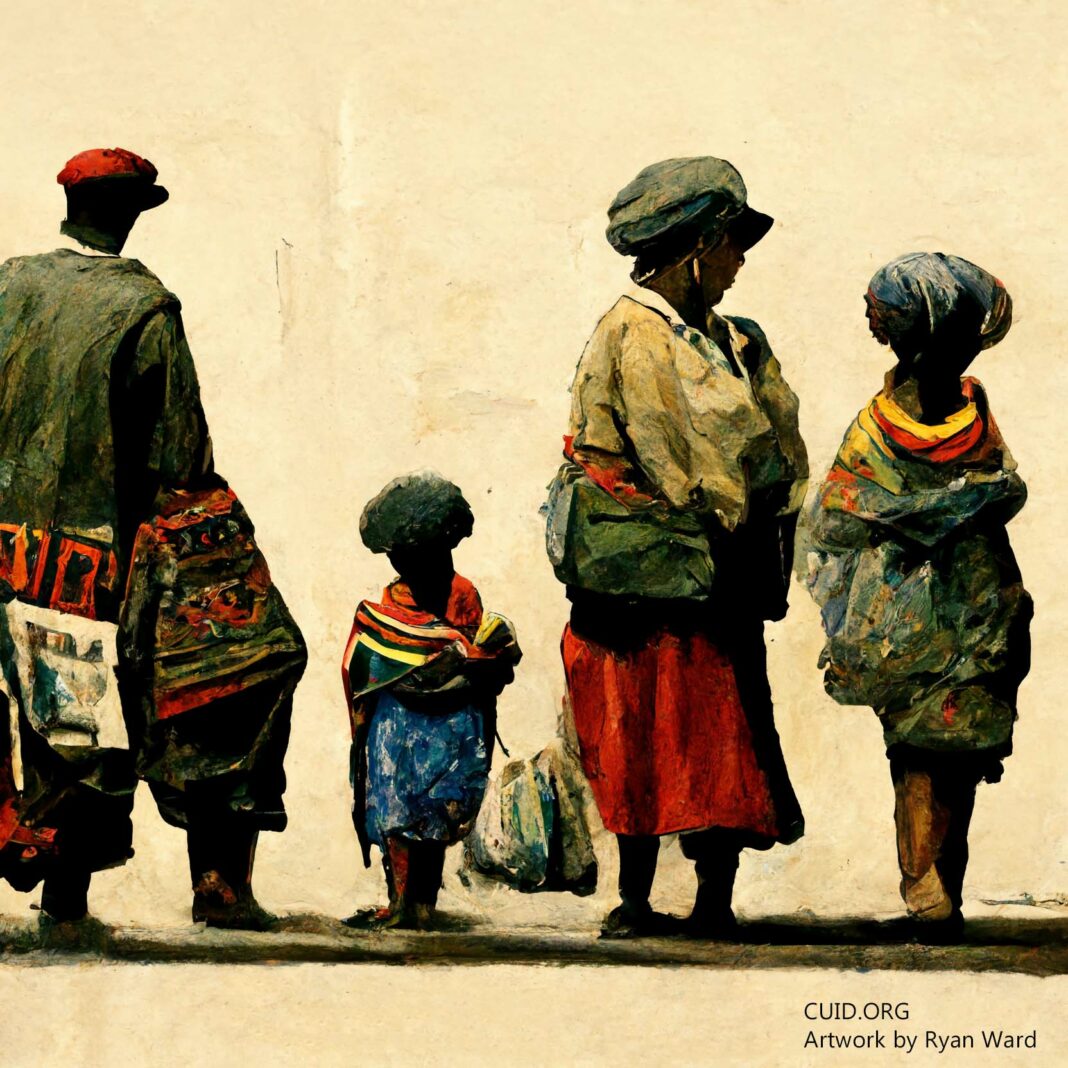Published by Will Peet and artwork designed by Ryan Ward
There can be no doubt that colonialism and its legacies have been responsible for the crises of statehood that have gripped many African nations in the 20th century. Indeed, the Portuguese-speaking, or Lusophone, continental African nations of Angola, Mozambique and Guinea-Bissau all share a similar historical experience of a brutal liberation war, followed by postcolonial instability and prolonged internal conflict. This is largely down to the hurried manner in which the Portuguese left their colonies after the Carnation Revolution of 1974, a coup led by left-leaning army officers who had grown tired of the military expenditure and international isolation that the possession of colonies brought. In Mozambique, for example, over a 15-year civil war, 100,000 Mozambicans died. Amongst other atrocities, the mobilisation of children, who often had to kill members of their own family in initiations, has led to widespread instability and collective trauma in subsequent years.
Amidst the presence of 380,000 settlers in Angola and Mozambique by the end of the 1960s, the relative poverty of the Portuguese economy meant that a strong attachment grew to its colonies as a means of bolstering Portuguese prestige and gaining resources for the benefit of the metropole. This prolonged the sufferings of indigenous inhabitants, who, according to Joanna Mormul, “did not have in fact any public rights”. Yet, in spite of the obvious, multifaceted brutalities and unjust, racist tendencies of the colonial regimes in Africa, Portuguese language and culture is widely prevalent as a means of ensuring development through uniting the ethnically diverse peoples of Luso-Africa.
In the last 30 years, much has been done to promote the notion of a shared Portuguese culture amongst ex-colonies that has tied together otherwise geographically unrelated Lusophone nations. The Lusophone world, or Lusosphere, an ethnolinguistic community of nations intrinsically linked to the Portuguese Empire, co-operates to this day in realms like politics, culture and the economy. They do this most prominently through the Community of Portuguese Language Economies (CPLP). Within this transnational framework, a shared history, language and sense of identity have often left positive impressions of Portugal on these former colonies. The CPLP, formed in 1996, has since expanded to include nine states spread across the globe, and its strong pull has been demonstrated by Equatorial Guinea’s desire to join, despite being a Spanish colony for most of its colonial history.
Furthermore, within the postcolonial nations themselves, it was post-independence that cultural connections to Portugal crystallised. Despite the injustices of colonial regimes, connections to Portugal and its culture have been greatly coveted. Mozambique offers a pertinent example. Wojciech Charchalis has argued that the “Portugalisation” of Mozambique occurred most intensely after the departure of colonial authorities. This is most prominently symbolised by the adoption of Portuguese as the national language in 2004, despite it being spoken by only a minority of the 10.7% of Mozambicans (according to the 2007 census). Indeed, Samora Machel, the first president of independent Mozambique, stated “for the nation to live, the tribe must die”: seeing ethnic division as the greatest threat to the new state, he promoted Portuguese as a unifying language. Further, parents often seek out monolingual educations for their children since Portuguese holds a social capital that conveys status. Young Mozambicans who do not remember pre-independence times also see it as a mark of Mozambican national identity. Indeed, many young Mozambicans can reconcile Lusophony with their own national identity, despite its negative connotations with colonialism. The Portuguese language thus transcends a negative history.
These surprising facts may be largely due to the fact that Portugal is no longer seen as an imperialistic influence or a model for development, but rather a culture to be emulated. In a recent survey from 2014-15, 52% of Mozambicans saw China as exerting the most influence, with Portugal only indicated in 5% of answers. In the same survey, only 6% saw Portugal as a developmental model to follow. Even in the Luso-African island-nations, Portuguese influence is not perceived to be strong: only 25% of Cabo Verdeans and 17% of Sao Tomeans thought that Portugal exerted the greatest influence.
The negative consequences of colonial rule, be it the horrific violence suffered, or the lack of infrastructure provided, are usually adduced for the dysfunctionality of postcolonial states. Certainly, there is merit to this argument, and there is no way to deny that Portuguese colonial rule led to widespread destruction, and hampered development. Yet, in the case of Luso-Africa, Portugal, and its language and culture, are now generally perceived in a benign way. Lusophone Africa has transcended the perception of postcolonial states as continual, passive victims of the suzerain nations and organisations of the Global North. Critically, this allows us to see Luso-African countries as active agents in the shaping of their own postcolonial trajectories. Whilst it is China that now exerts the strongest developmental influence over these Lusophone nations, investing heavily in African infrastructure, Portuguese cultural influence has bred a positive unity amongst the ethnically diverse nations of Luso-Africa. In the words of Samora Machel on the eve of Mozambican independence in June 1975:
And so, and so, we say that the Portuguese people are our friends. Our friends, our allies all the time. Do you hear? (We hear).



